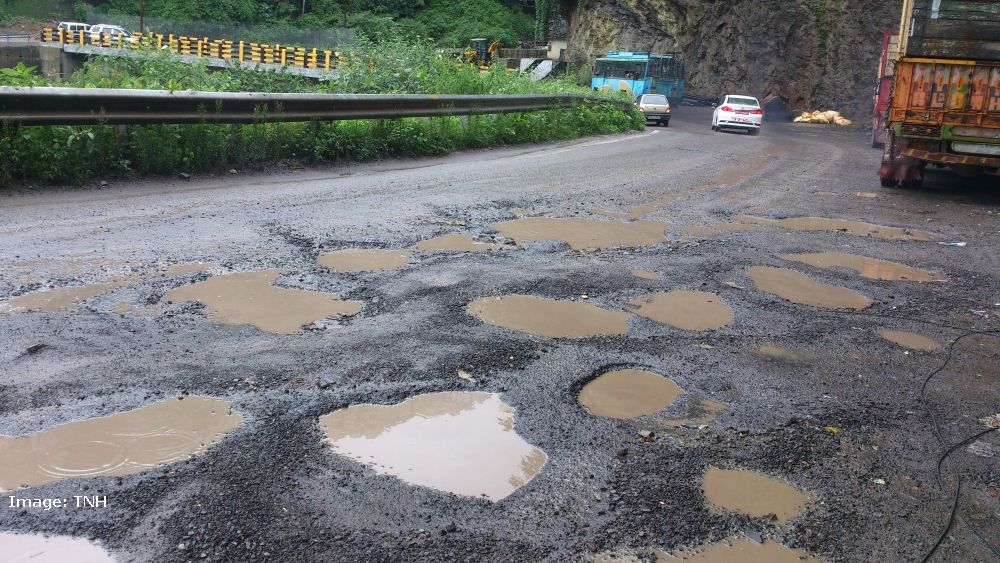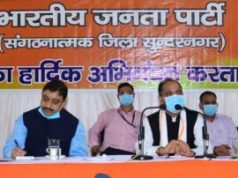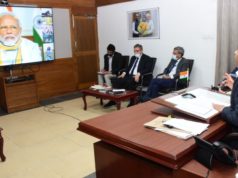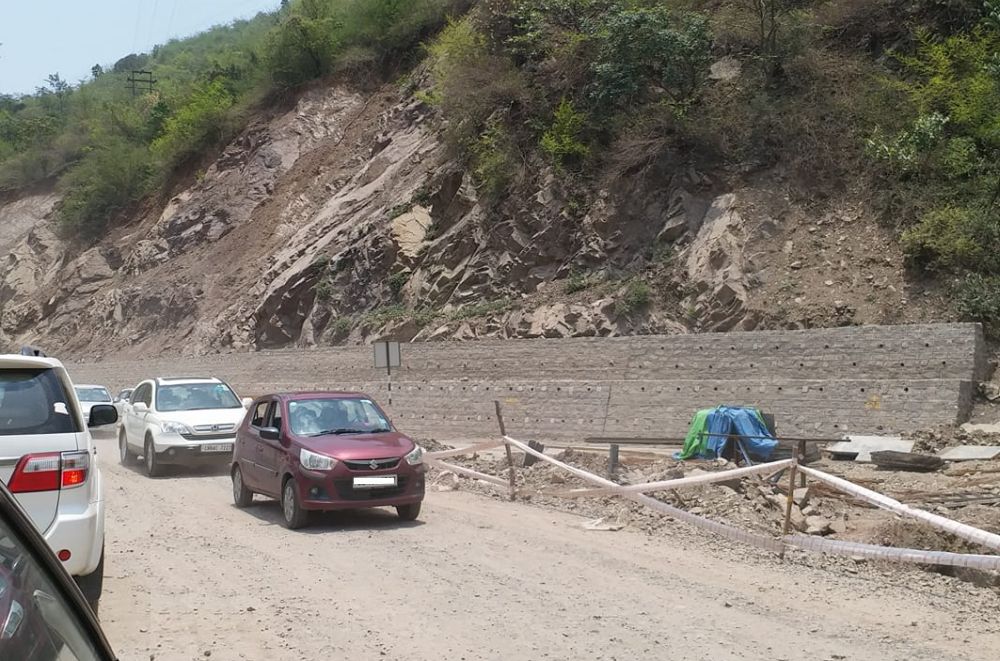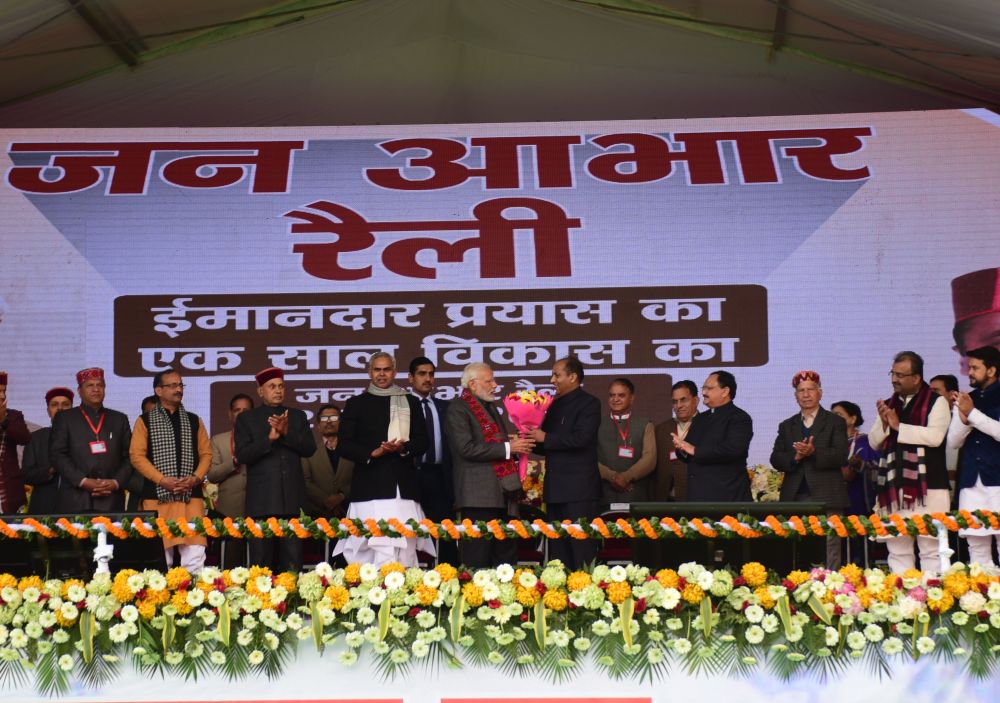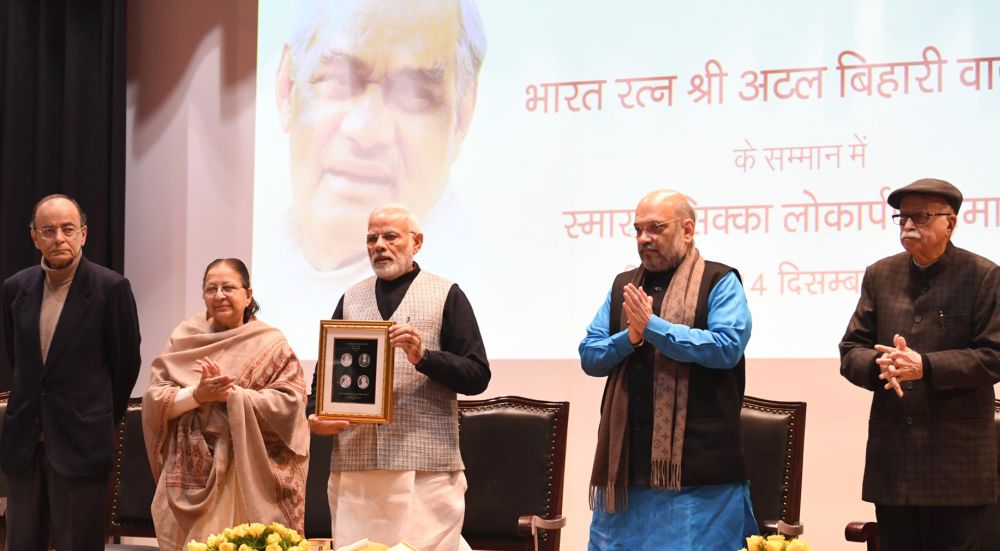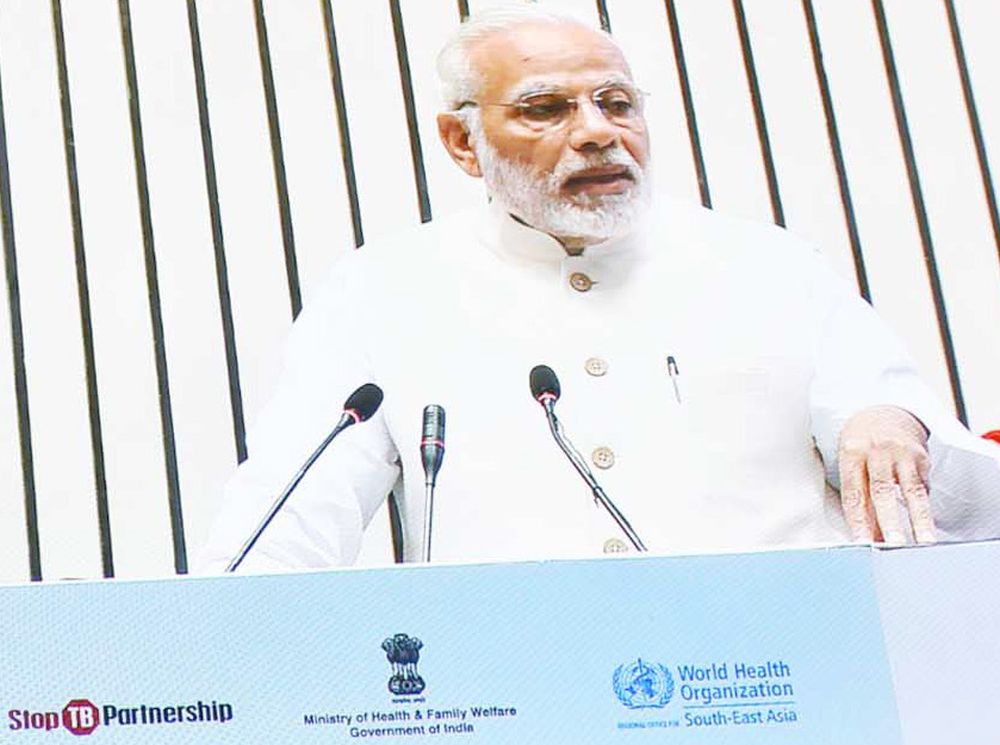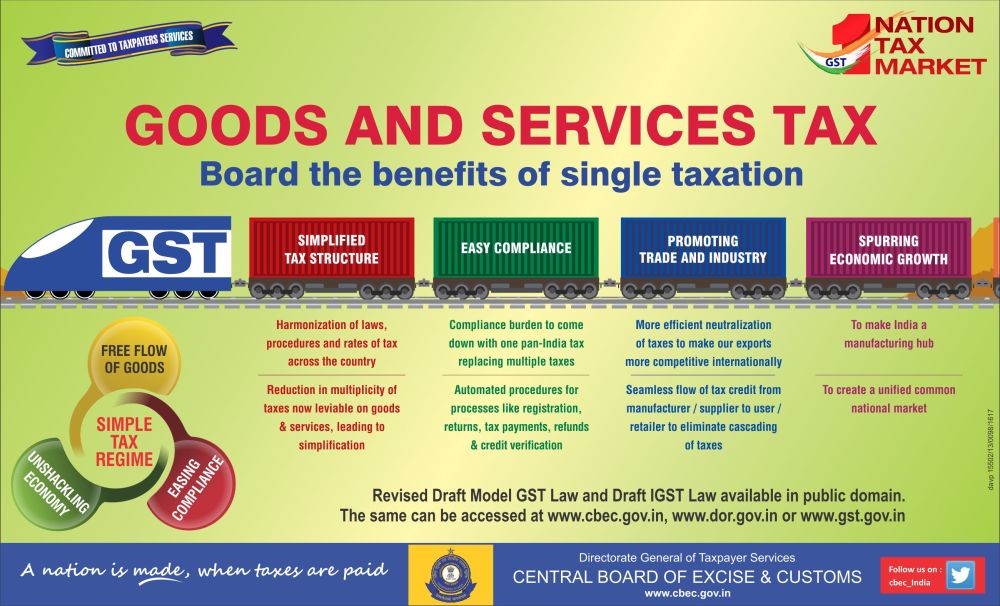Aiming to expediting of implementation of road infrastructure projects in the country, the Cabinet Committee on Economic Affairs, chaired by the Prime Minister Narendra Modi, today gave its approval to the Ministry of Road Transport and Highways (MoRTH) to amend the Model Concession Agreement (MCA) as may be required from time to time and to decide the mode of delivery of projects.
The cabinet decision will also help uplift the socio-economic condition of entire nation due to increased connectivity with far flung areas leading to increased economic activity.
Background:
Against the ambitious target for award of 9500 kms of road length for the financial year 2012-13, only 1116 kms could be awarded during the year by the National Highways Authority of India (NHAI) and only 1436 kms against the target of 4030 kms for the year 2013-14.
On analysis after consultations with all the stakeholders in the sector, it has been concluded that this shortfall is primarily attributable to an overall economic slowdown resulting in lack of availability of debt and equity in the market. Further, many policy issues pertaining to environment and forest clearances, provisions regarding loans to concessionaires and procedural complexities have also adversely impacted the award of road projects during 2012-13 and 2013-14. In response, the MoRTH made sustained efforts to remove these impediments pertaining to policy issues/procedural complexities in order to create a conducive atmosphere to boost the road sector.
The report of the B. K. Chaturvedi Committee, already accepted by the Government in November, 2009 prescribes a framework to decide the mode of delivery and changes in the MCA through an institutional mechanism of the Inter Ministerial Group (IMG). According to recommendations of the Committee, further amendments to the MCA where necessary, and the mode of delivery of any specific project in case the project is found unviable on Build, Operate Transfer (BOT) (Toll) and/or BOT (Annuity), is to be considered, examined and approved by the IMG.
In case there is no unanimity in the IMG, the same was required to be placed before the Empowered Group of Ministers (EGoM) with the approval of the Minister for Road Transport and Highways. Since this EGoM was disbanded in 2012, such proposals had to be put up before the Cabinet/Cabinet Committee on Economic Affairs (CCEA) for approval.
This unnecessarily burdens the CCEA with issues that are not commensurate with its stature and competence, apart from adding to avoidable delays in the implementation of the National Highways Development Project (NHDP).




